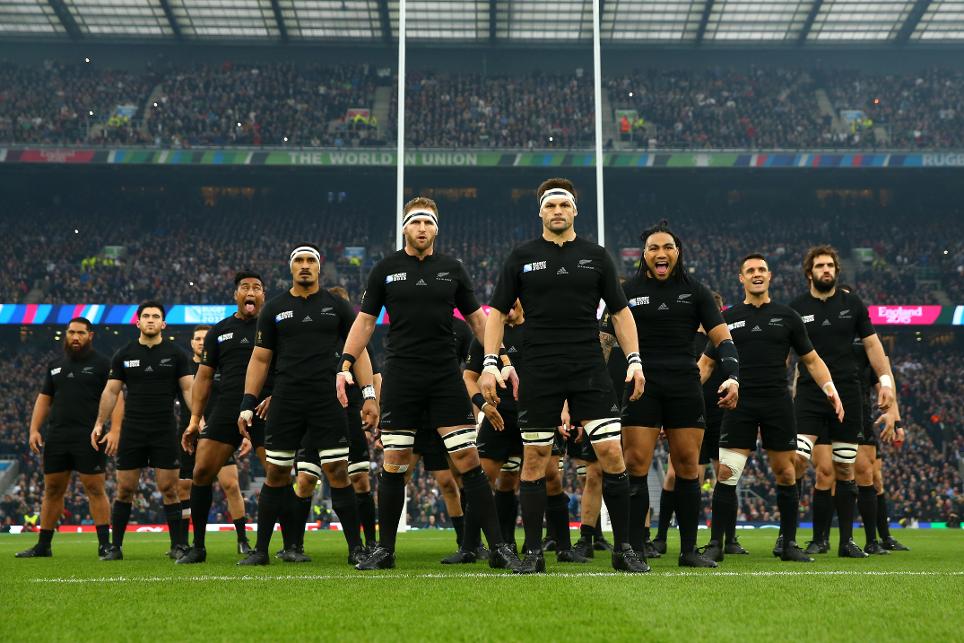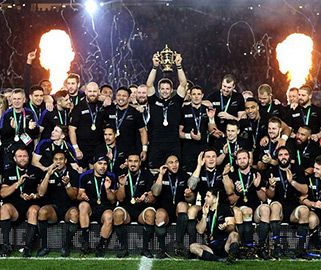All Blacks win Rugby World Cup while eating a low sugar, healthy fat diet
Anyone would agree that the All Blacks’ performance in the Rugby World Cup was amazing – they worked together like a well-oiled machine. And now it has come to light, under the influence of strength and conditioning coach, Dr Nicholas Gill, that it was in fact a coconut-oiled-machine.
Dr Nic Gill is on a LCHF diet himself – and has even done his last two Ironman challenges fat adapted, while eating some carbs during the events.
He started experimenting with his diet two and a half years ago and what he discovered was that he was eating more out of habit than hunger; the principles he was experimenting with were based on the Paleo diet.
The more he began listening to his body, the more he realised that eating fat at night meant that he was less hungry the next day, and in this way he could start to control his hunger, instead of the other way around. Eating like this also reduced his cravings and increased his overall wellbeing.
He says, “That’s about it for me. I stay high on fat, and low on carbs pretty much the whole time, except in triathlons where I have some carbs. I eat whole, healthy foods. The only thing I avoid is milk. It upsets my stomach, so I’ve replaced it with cream.”

He has taken these principles to the rugby field. The team watched “That Sugar Film,” which has had a huge impression on them and has made them realise that they need to remove the sugar from their diets, to increase performance and to live a healthier life – one change is that they now eat nuts after training, instead of lollies.
The team also go through six to seven tins of coconut oil a week and travel with peanut butter, and other nut butters, to use in smoothies and where ever else they can put it.
He ends off by saying, “I’d say most professional sports teams are now at least low sugar, lower to low carb. That’s not always high fat, but it’s healthy fats. Nutrition for sport is really changing fast.”
And that’s a great sign for the future of Banting.


